In the hearth of winter, swollen pods and flowers ready for the transformation are spotted among silvery green leaves. The first harvest of broad beans of Filippo Florio has already been collected, for the pleasure of those who attempt the Saturday Market of local products in Ischia Ponte. At that very appointment He displayed his beans with particular pride for they represent another challenge overcome.
More than just a challenge, because the site he’s cultivating is very particular, even if he had a lot of expectations since the beginning. Expectations that the generous earth has not disappointed.
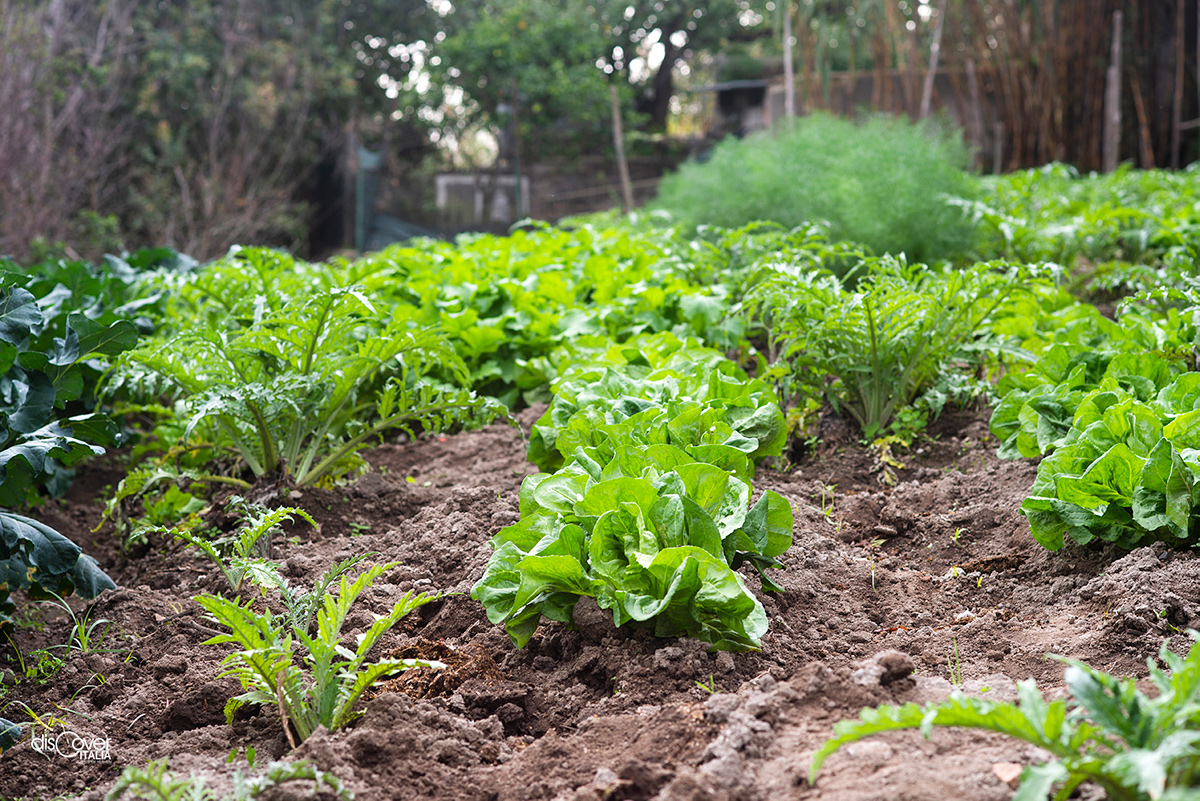
<I started sowing in September –he tells- hoping that, if everything went as planned, they would sprout earlier. The soil of Maronti is ideal for firstlings> Thanks to a virtue of this area which is daughter of the special nature of the mother island. In this camp, exposed to the sun and overlooking the sea, whose salty scents are perceived, plays a fundamental role in making this clayey soil fertile, together with another hidden but decisive element: hot water running in the underground. A unique factor of the volcanic island that makes coastal areas extremely favorable, even out of season and always of high quality, for copious productions.
Many of these areas, in time, have been converted into something else while this one next to the most extended and celebrated beach of the island has been brought back in use, recently, from the very willful determination with which Filippo is restoring the agriculture in abandoned grounds.
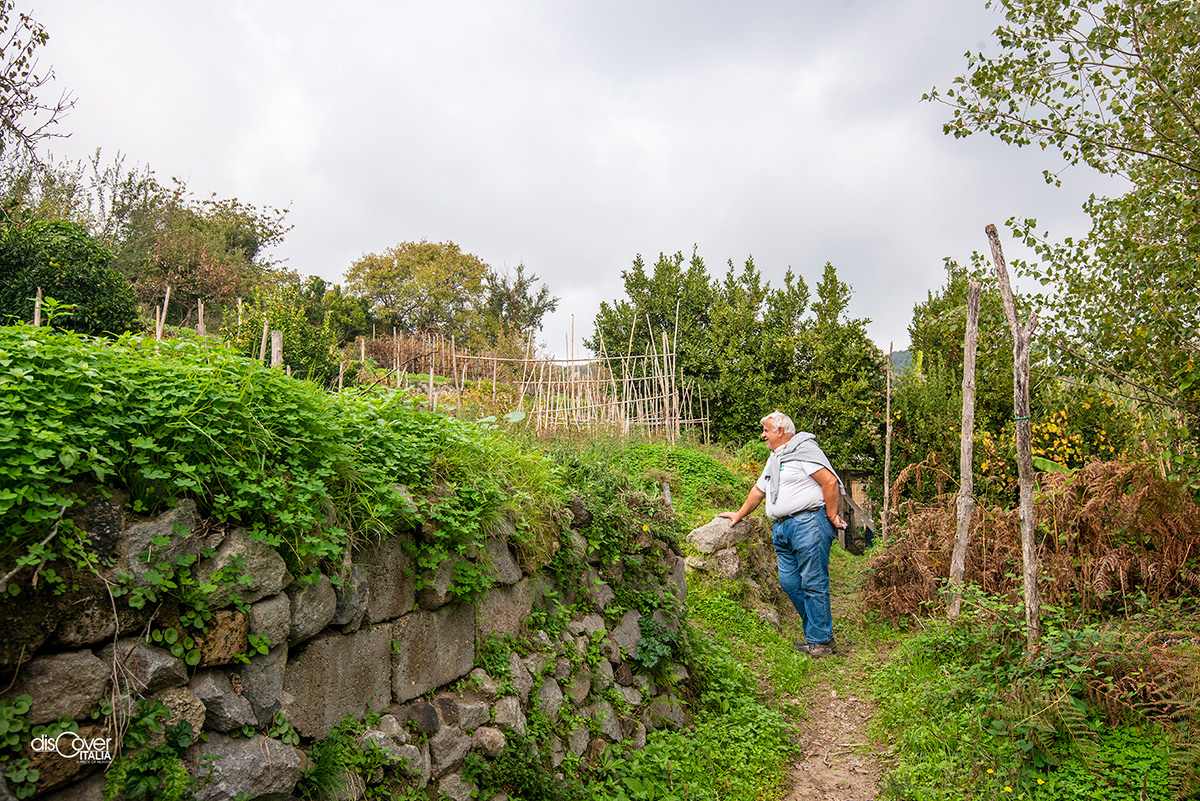
It required a lot of work at the beginning to plow and refine the soil before starting the cultivation at the beginning of Autumn. With the idea of using the favorable conditions of the area to make high quality products, since the beginning. This is why Filippo planted between fruit trees thousands of bulbs of garlic and onions, seeds of broad beans and peas and a great variety of winter vegetables. Bulbs and seeds selected with care, year by year, mostly of his own production or researched according to very precise and severe criteria: <I meet my friends – he tells- to share ancient, particular, and varieties bounded to the territory. I am also lucky to have a friend that roams around Campanian farms, I asked him to bring me local seeds that here in Ischia have been lost. Potatoes for example. Those I planted are from Monti Lattari, strictly Campanian, it would have been contradictory to plant Dutch potatoes, against biodiversity and against my principles.
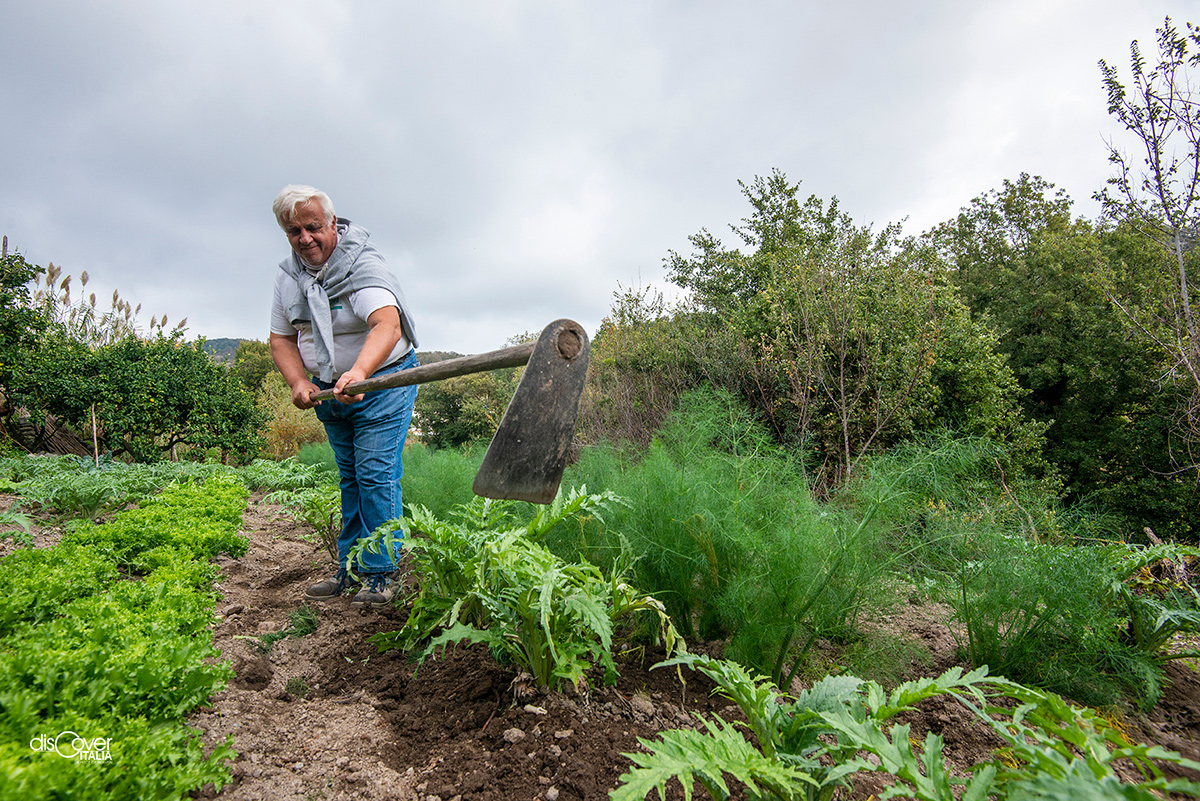
The new soils are also suitable for some experimentation. Big coppery onions for example <<Let’s wait and see how they grow>>. However, working the land occurs only through traditional practices, part of an ancient knowledge, respectful towards the law of Nature and environmental and climatic characteristics of every soil: <<Mixing crops is essential – tells us Filippo- then we can make the ”pascone” which is how we call the green manure, burying leguminous in the ground to enrich the earth with mineral salts or if the soil lacks of calcium, we use ox blood. Soils like this are uncultivated from years and are very fertile, rich in humus and are not in need of any composts.
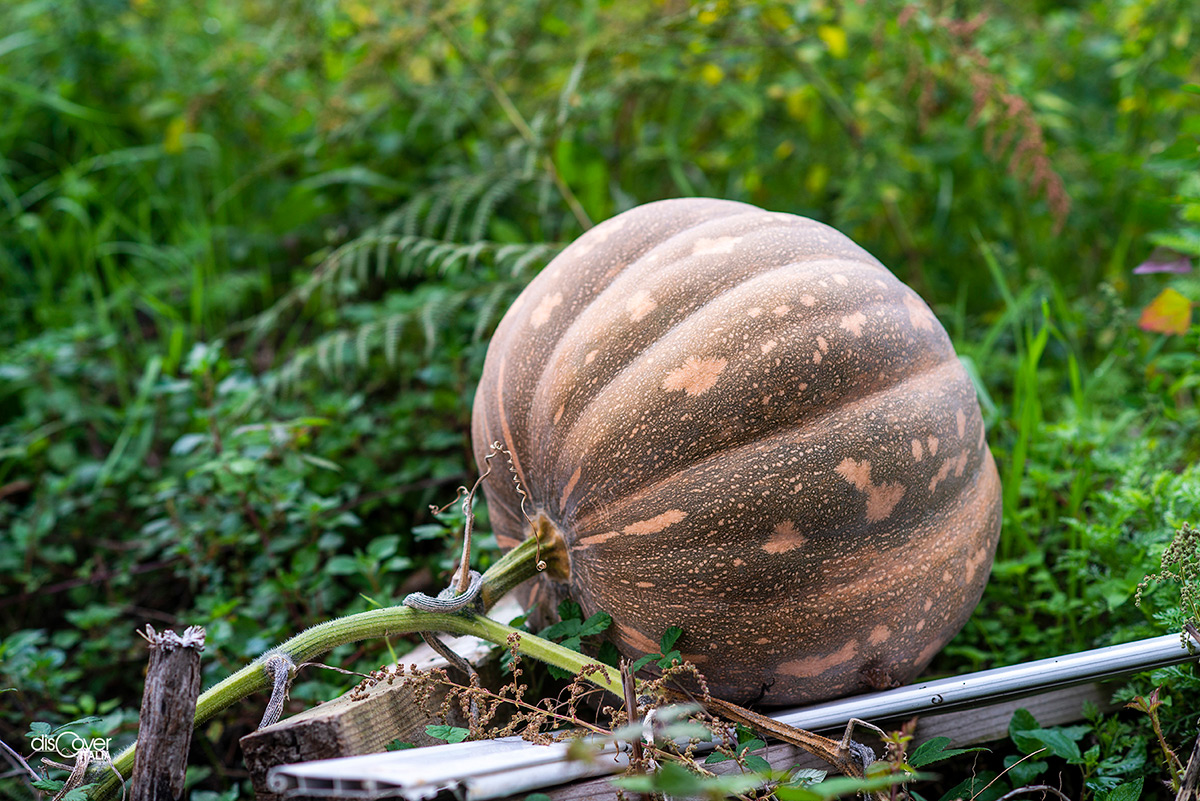
The island is rich in good soil to recover. The same Filippo, in addition to the garden and orchard in Maronti, dedicated himself to the pots on “Mount Barano” and at the “Guardiola”. And He’s not the only one. There are many young people interested in restarting business over abandoned grounds, ready to pick a challenge with many difficulties. The costs on the island for such business are higher than elsewhere because one has to pay higher prices for naphtha and even the water for agricultural use and without specific support.
In the last few years, hand in hand with the growing consumers’ attention towards quality and genuineness of a product and the return of the peasant cuisine, the request for zero-miles products in Ischia has also increased. <<There is a return from Ischitan people to the local productions – Filippo confirms- and even tourists are stopping by the Saturday market, they ask questions, they show interest and they even buy wild pot herbs spices and preserves. This urges an increase for local productions and the reopening of agricultural activities. It makes sense to restore soils like this one at Maronti and to plan early seasonal productions to answer the consumer demand.
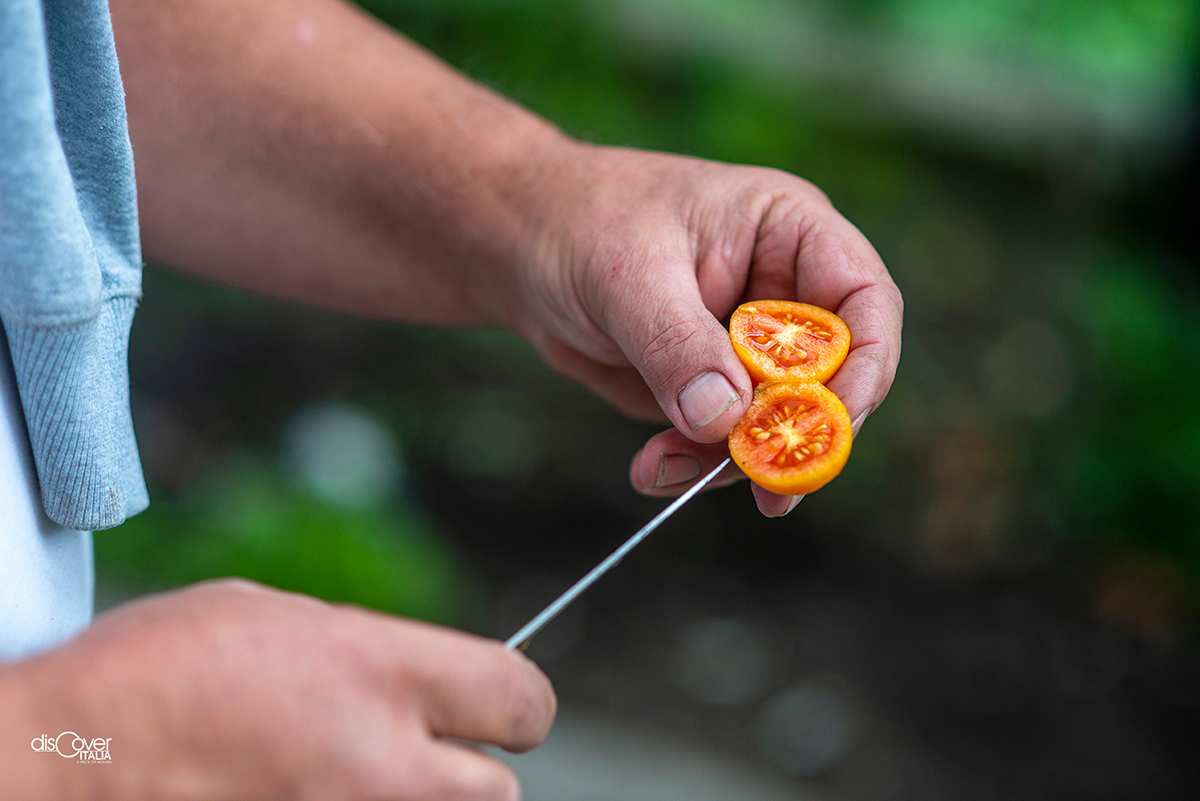
A very wide project the one Florio is working on, in a network logic with other produces, alongside with: restoring ancient pits for the traditional rabbit breeding, restarting oil production, even if just for own use now, promoting wild herbs and restoring varieties of vegetables that have fallen in disuse. Like short podded broad beans that are growing in the soil of Maronti. Where already in February the hot water flowing in the subsoil will allow the plantation of tomato seedlings much earlier. And many other seeds of beans and peas, to have fresh when the season is right. In spring.
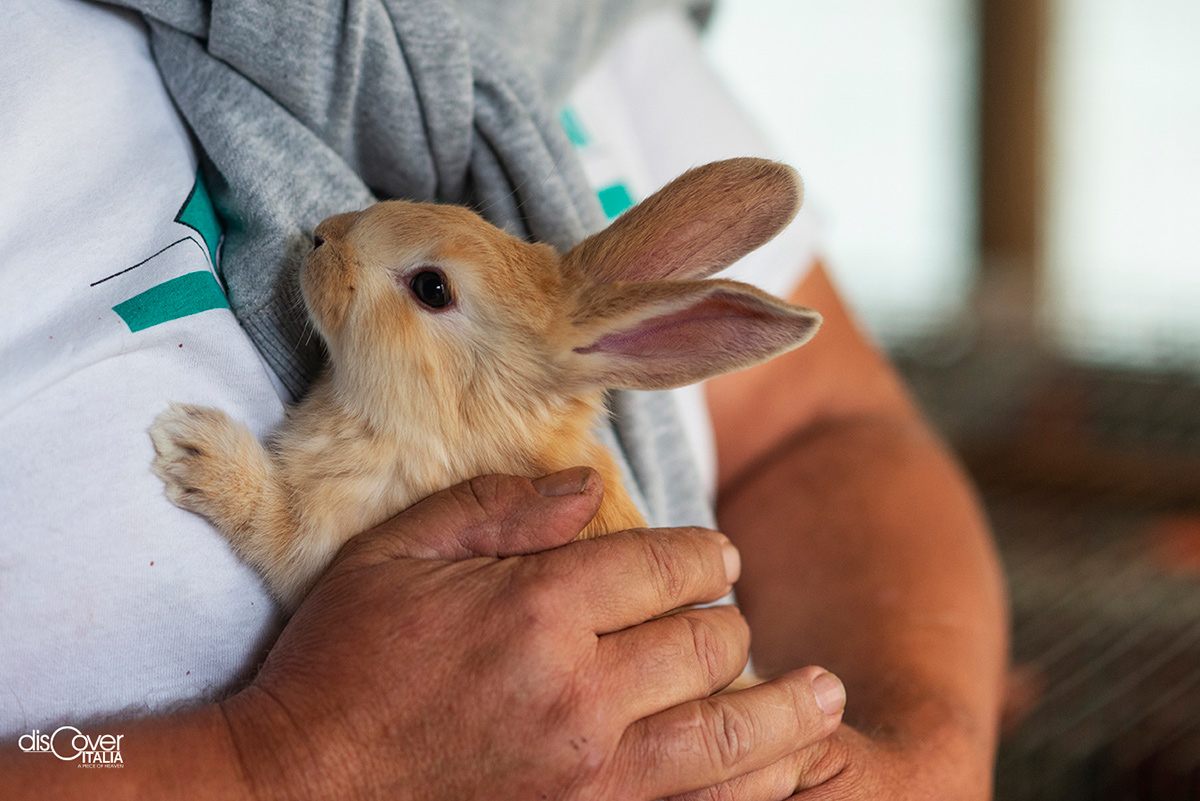

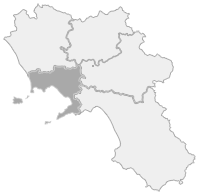
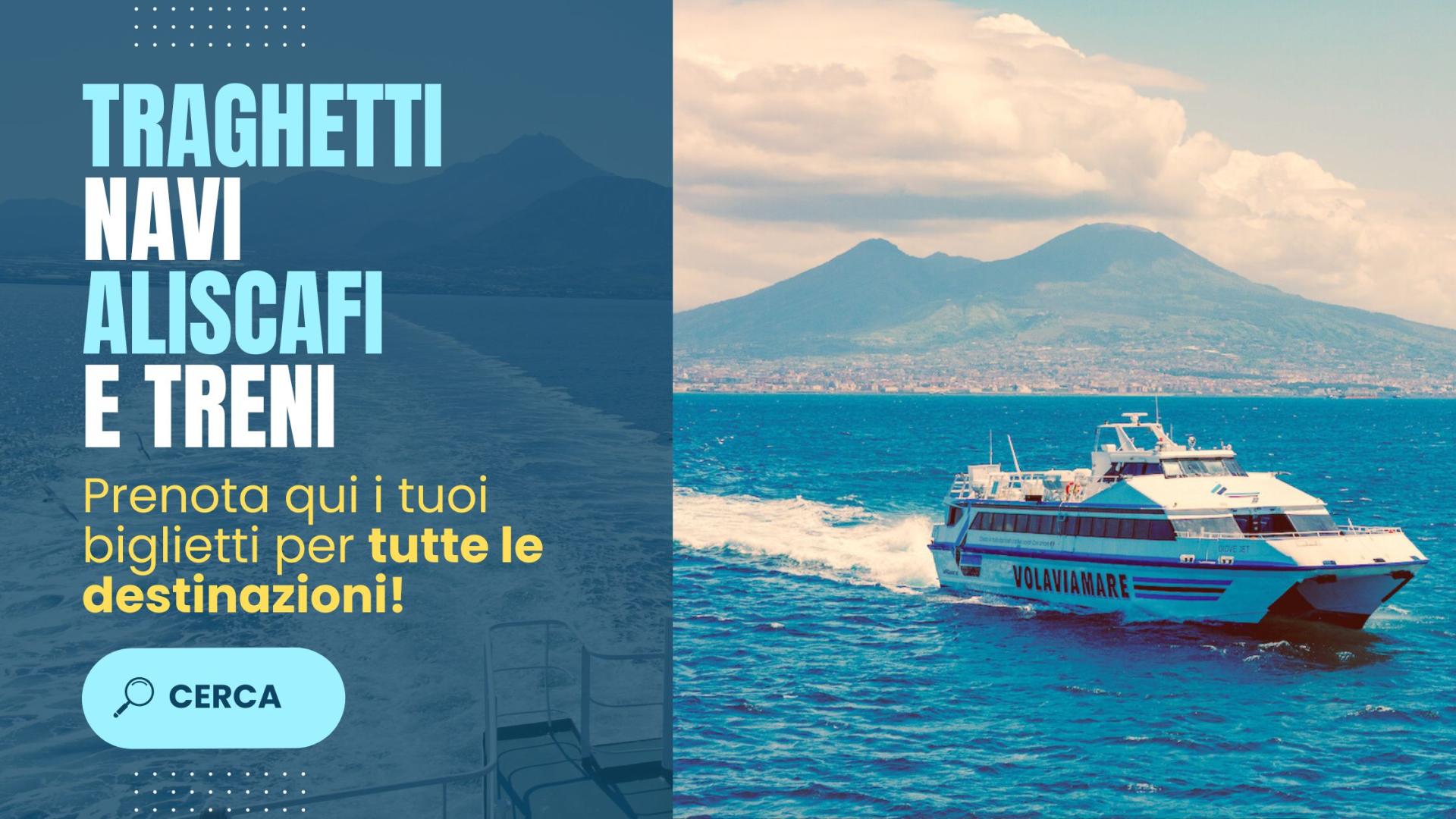

Comments powered by CComment